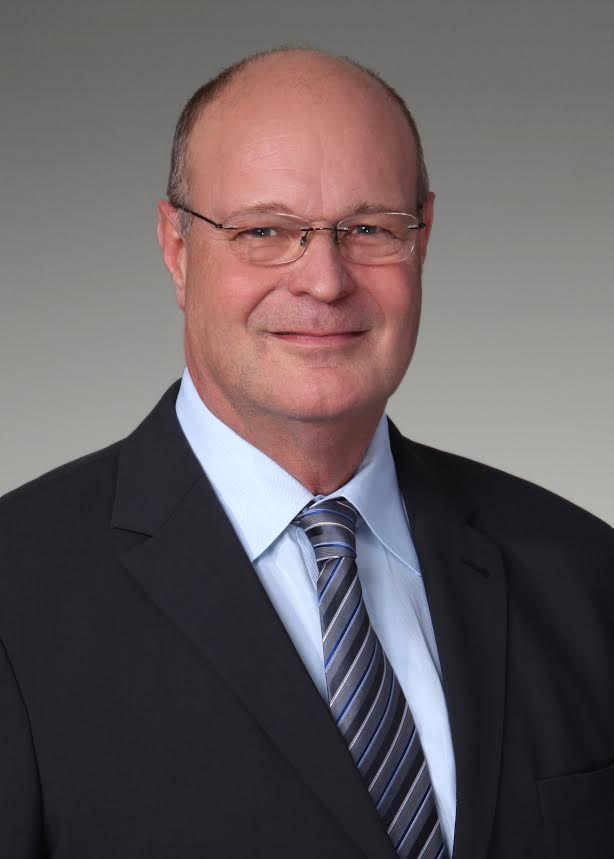Within the last decade, the ASC industry has undergone significant transformations. What was once considered taboo is becoming more mainstream, and payers are beginning to see the many benefits ASCs offer.
 Fourteen years ago, neurologic spine surgeon Robert S. Bray, Jr., MD, founded California-based DISC Sports & Spine Center to take control of patient care and drive outcomes equal to or exceeding those of hospitals.
Fourteen years ago, neurologic spine surgeon Robert S. Bray, Jr., MD, founded California-based DISC Sports & Spine Center to take control of patient care and drive outcomes equal to or exceeding those of hospitals.
"I was frustrated with the hospital environment," says Dr. Bray. "In hospitals, you are part of a big piece of the puzzle and you don't always have control to run it right. I felt I needed more control of the spine program to focus on the things I wanted to focus on."
DISC allowed Dr. Bray and his colleagues to control the entire patient experience, putting quality at the center first. DISC was able to combat problems many hospitals and other surgery centers face including infections, staffing and compliance with protocols focusing on quality. The center has performed more than 6,000 cases and maintains a zero MRSA infection rate. The center has implemented various surgical measures to improve care including Prophylactic Antibiotic Received Within One Hour Prior to Surgical Incision (SCIP INF-1) and Surgery Patients with Recommended Venous Thromboembolism Prophylaxis Ordered (SCIP VTE-1).
"Zero is a big number that changes things," Dr. Bray says. The center prioritizes quality in all aspects of the patient experience from when the patient walks into the center to how patients were handled during protocols to follow-up care, which Dr. Brays remarks has added substantially to the center's net savings.
"Our net savings to the system are massive," he adds. "Although we may be spending a little more on the event by emphasizing quality of care, we have reduced the overall cost to the system."
When Dr. Bray initially opened his center, payers strongly opposed moving surgeries to the outpatient stage and most of the center's cases were out-of-network.
"DISC was the first center in the nation to emphasize high-acuity cases in an outpatient environment," Dr. Bray explains. "Payers were not on board. I was accused of biting off more than I could chew. Now, DISC is performing thousands of cases and we don't have any major complications. We are doing the full spectrum of spine and orthopedics, and we are doing them very well."
However, payers are no longer the opposition to outpatient surgery, and often want to move procedures to ASCs because of the savings they can accrue. Dr. Bray explains he has some payers asking him how they can drive patients to his center. Now, DISC is in-network with almost all of the leading payers. The true obstacle now for outpatient spine surgery rests in the surgeons themselves.
"The major roadblock we have now is the adaptability of the surgeons," Dr. Bray remarks. "They are often afraid of the politics of leaving a hospital and are accustomed to the safety net of a hospital. Some still don't believe in outpatient surgery."
Surgeons failing to recognize the value ASCs offer may be missing out on great opportunities for enhanced patient outcomes. DISC has patient satisfaction scores breaching the high 90s, with 100 percent of the center's patients who responded to a survey reporting they would recommend the center. DISC's high patient satisfaction may be largely attributed to the center's philosophy regarding family involvement. The center strongly believes the family should be involved in the entire patient process, so staff nurses constantly give instructions to family members or walk caregivers through the process. This approach allows patients to successfully recover at home, causing infections and other errors to be far-and-in between.
Through its patient outcomes and benchmarks, DISC has shown surgeons can perform outpatient surgery exceedingly well. The ASC's recent partnership with Surgical Care Affiliates spurred future expansion plans.
"SCA has been a fantastic partner," he adds. "They have added a great deal of business sense into the mix. Our immediate plans are to start duplicating. SCA will start developing a network of high-acuity centers through United States. These centers will be well-run, top quality and will deliver care patients and insurers are happy with."
More healthcare news:
2 more ASCs adding a new specialty
6 GI physicians in the news — April 29, 2016
How the evolving ASC industry changes the joint venture game
